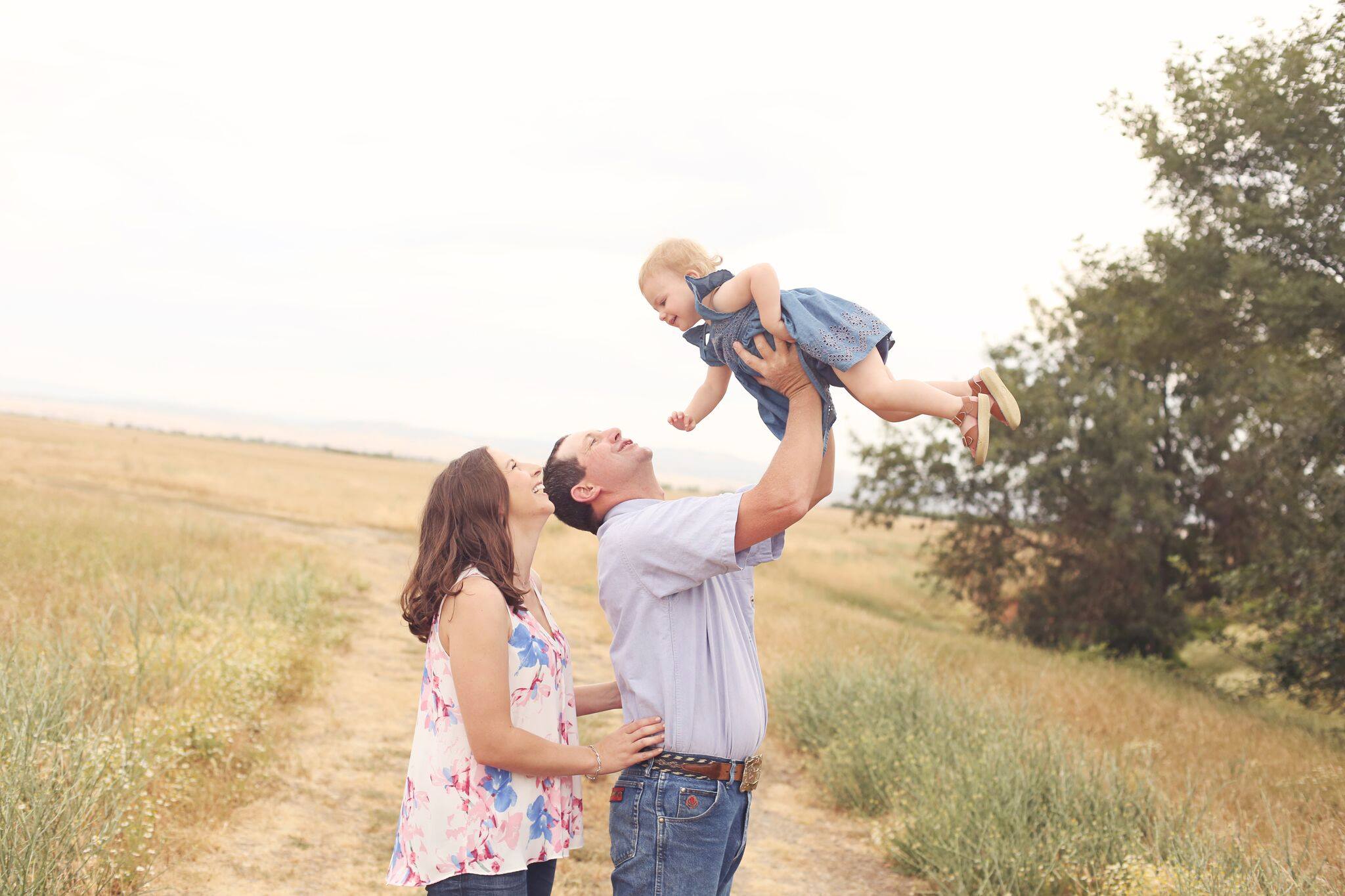Planning for minor children in the event of a parent’s death or disability is one of the most important plans to have, yet it is often overlooked or ignored. The thought of losing your life or the ability to care for your child isn’t a pleasant one and the associated fear motivated me to spend some time carefully considering my family’s options and providing a complete plan for my child if anything happens to me.
As parents we spend countless hours planning birthday parties, family vacations, and college funds, but often neglect to plan for the care of our children in our absence. We plan for things that are not particularly important by making grocery lists and pinning ideas to Pinterest boards. So why do we fail our children by not planning for them during our lives and eventual deaths? Are we too busy? Yes but we can prioritize. Is the topic scary? Probably. Is it one of the most important things we can do for them? Yes!
I hope that the following steps help guide you through this important decision-making process of determining who you want to raise your children in your absence. Surely it is better for you to decide who will fill this important role rather than a judge who doesn’t know you or your children.
Step One: Make a List
Start by listing the names of five individual people or couples you may consider for this role in no particular order. You will later have a chance to list them in order of priority. Keep in mind that you are not limited to naming family members. If the decision proves too challenging, consider the people who you would never want raising your children and the pitfalls of the foster care system and list anyone better than those options!
Step Two: Consider Your Values
After your list is made, rank the following key values in order of importance:
- Parenting Philosophy
- Relationship with your kids
- Personal values
- Religion or spiritual philosophy
- Age
- Location
Step Three: Prioritize Your Nominations
Review your list of names once you have ranked the above values. In some situations, co-guardians may be appropriate. Yes, you can have more than one person act together and if you choose that option, I encourage you to further provide instructions for the continuation of one, or an alternate nomination upon death or divorce of the co-guardians. Keep in mind this is a nomination that the proposed guardian can accept or decline. For example, if your 65 year old mother is your first choice and at the time she is called on to serve as guardian determines she is not healthy enough to accept the role, she may decline and the choice would default to the person named after her as an alternate.
Step Four: Document Your Plan
The attorneys at Hyatt McIntire and Associates can assist with properly documenting your plan. Having a will may be better than no plan at all but often provides a false sense of security. Within your will you may have nominated guardians of your minor children. In most cases that is not enough! We can help you develop a complete estate plan or identify and fill the gaps you may have in your existing plan. Our attorneys know the important questions to ask because we too are parents. We know what matters most and will guide you through the exact steps you need to take to ensure the people you love stay out of court and out of conflict if and when anything happens to you.
